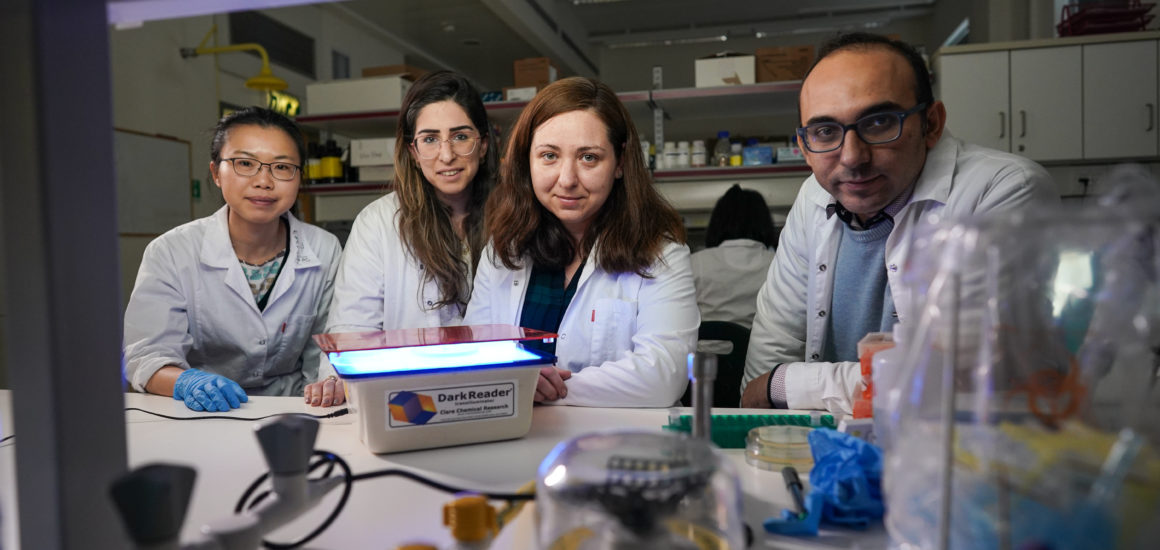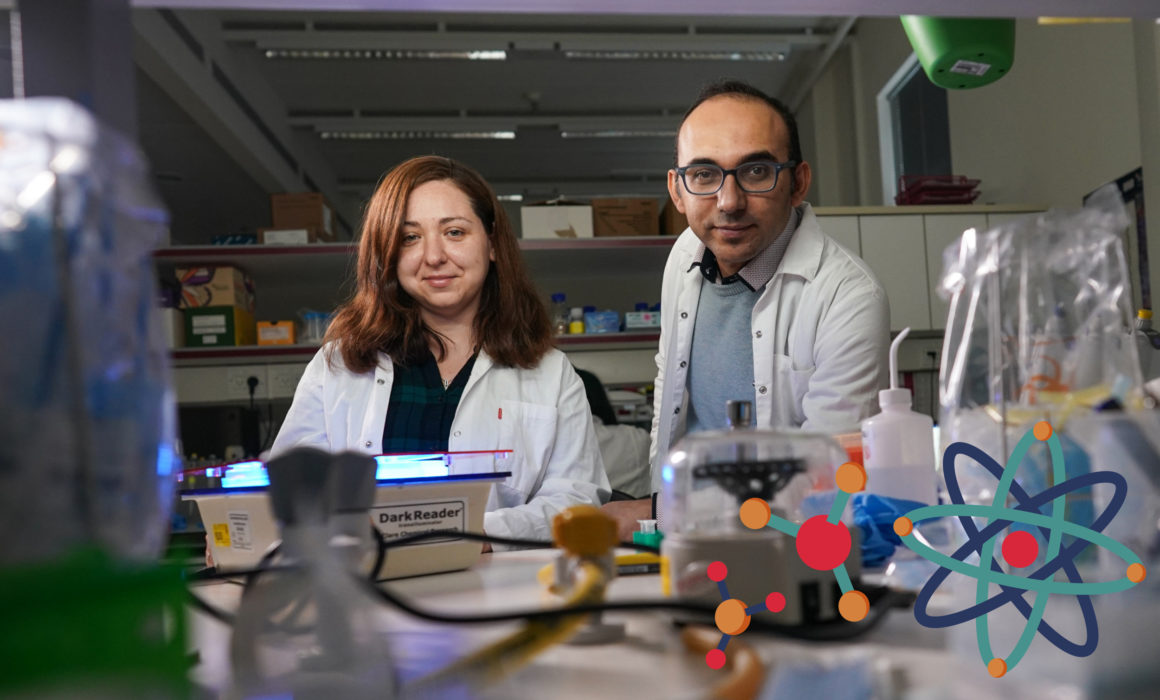An electrical engineer finds a new outlet for his work: the human body
You could say tinkering is in his genes. When Ramez Daniel was only 12, he cobbled together a car that ran on electricity. Now the assistant professor in the Faculty of Biomedical Engineering at the Technion tinkers with a very different kind of material: human cells. Prof. Daniel works in the fast-growing field of synthetic biology to understand how these fundamental units of life can be engineered to treat diseases and warn of dangerous medical conditions.
While pursuing his bachelor’s degree at the Technion and his graduate studies at Tel Aviv University, Prof. Daniel designed electrical circuits. “At my heart, I am a designer,” he said. Looking to solve new challenges with his design skills, Daniel conducted his postdoctoral research in the then-nascent field of synthetic biology at MIT. Synthetic biology introduces new behaviors in living cells by injecting protein networks. Using engineering concepts, these networks can be designed to respond in certain ways to external conditions.
Just like a computer processes signals from electrons, a cell can be made to process signals from chemicals. Prof. Daniel’s recent research focuses on the enzyme luciferase, present in many bacteria. When injected into cells exposed to toxic chemicals such as ethanol or nucleic acids, the luciferase lights up. It’s essentially like a canary in a coal mine, signaling danger.

Prof. Daniel’s research, conducted with doctoral candidate Natalia Barger, focuses on how these cells generate light as a response to “multi-input” conditions, that is, in the presence of more than one toxin. Such a method, Prof. Daniel said, can be used to detect toxins in urine samples or warn of bleeding in the gut.
Research in synthetic biology is still at the cellular level but the potential is enormous, he said. “We can build bacteria that can detect the concentration and type of toxins in food and water.” Another promising application: viruses that can detect and bind to tumor cells, then release a protein that triggers the body’s immune system to destroy the cancerous cell.
Prof. Daniel grew up in Nazareth, where his father, who owned a carpentry shop, encouraged him to build things with his hands. “My father didn’t finish school, but he taught me about famous scientists,” Prof. Daniel said. He gravitated to electrical engineering and worked as a design engineer in Israel’s Tower Semiconductors from 2000 to 2007, studying how to build complex engineering circuits. But academia always exerted a strong pull; he left to pursue graduate studies and eventually returned to the Technion as a faculty member in 2014.
The Technion has provided room for Prof. Daniel’s interdisciplinary approach. He is affiliated with the Lorry I. Lokey Interdisciplinary Center for Life Sciences and Engineering. “I thank the Technion for believing in my vision, the Neubauer Family Foundation for supporting my research, and most important, my students and lab researchers,” he said.
“To solve challenges like disease and those related to food and water, we need systems based on living materials. Electronics alone is not enough,” Prof. Daniel said. “Synthetic biology is the next revolution.”


